Case filed at SC demanding Dalit representation in the Cabinet
- Dignity Post
- 19-05-2024 01:31
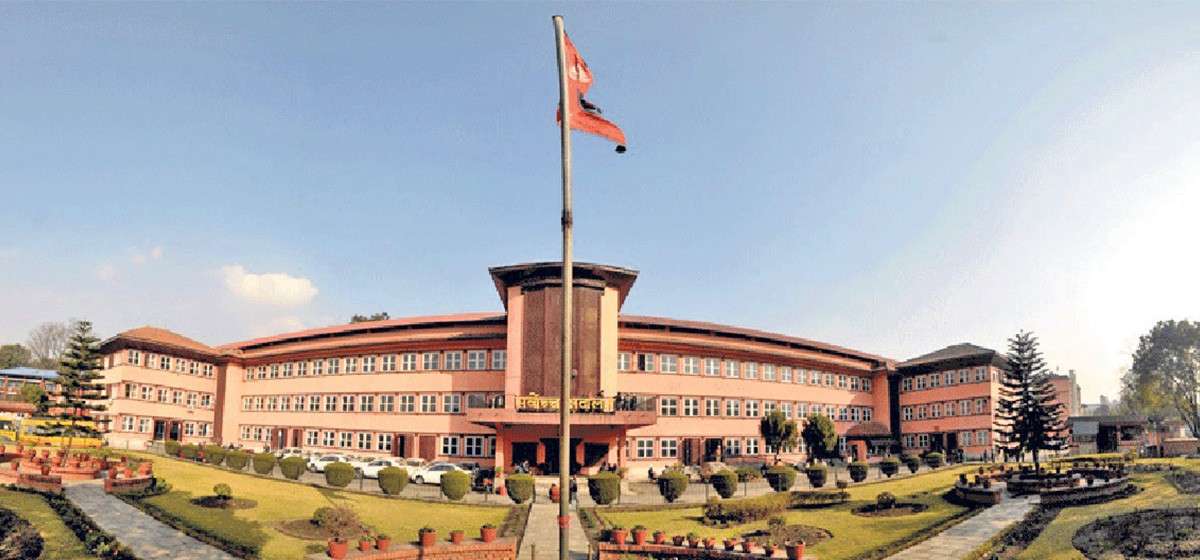
Dalit rights activist Tika Bahadur Diyali filed the writ petition against the Office of the Prime Minister and Council of Ministers
KATHMANDU: A writ petition has been filed at the Supreme Court demanding that the executive follow the principle of inclusiveness ensured by the constitution while appointing ministers.
Dalit rights activist Tika Bahadur Diyali filed the writ petition against the Office of the Prime Minister and Council of Ministers (OPMCM) claiming that the prime minister violated the principle of inclusiveness enshrined by the preface of the constitution by excluding ministers from the Dalit community.
The 23-member council of ministers led by Prime Minister Pushpa Kamal Dahal, who is also the chairman of CPN (Maoist Centre) has no one from the Dalit community which accounts to around 15 percent of the total population.
Also, the former convenor of the Unified Political Dalit Struggle Committee Diyali, had submitted a memorandum demanding Dalit representation in the Cabinet at the Prime Minister's Residence, Baluwatar on April 12, and the President’s Office, Sheetal Niwas, after the formation of the Cabinet.
However, he was forced to knock on the door of the Supreme Court after his demands were ignored. He filed the petition at the apex court on May 3.
Initially, Diyali was turned away by the Supreme Court officials claiming that he had no connection with the issue he raised in his writ petition.
The court agreed to register the writ after a preliminary hearing on whether the writ should be registered or turned down, a process of the Supreme Court to determine the importance of the writ and its jurisdiction.
Not only the federal cabinet, Dalit ministers are not represented in any of the seven provinces except for Karnali. Only four women ministers are present in the current 23-member cabinet led by Dahal.
The cabinet comprises 11 ministers from the Khas Arya community, four from the Madhesi community, six from various indigenous communities, and one from the Tharu community. However, there is a noticeable absence of Dalit and Muslim representation, which is a clear violation of Nepal’s Constitution.


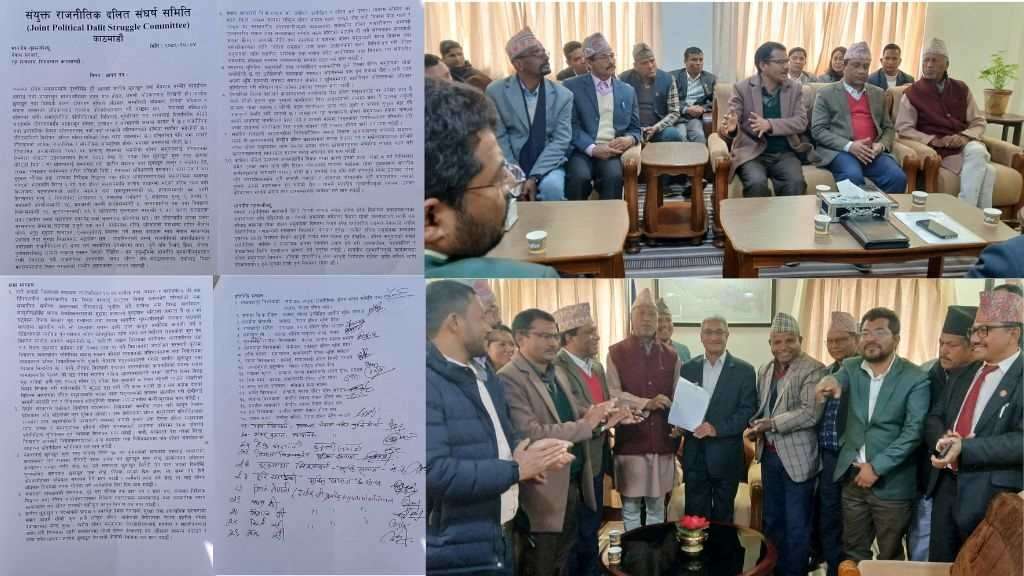
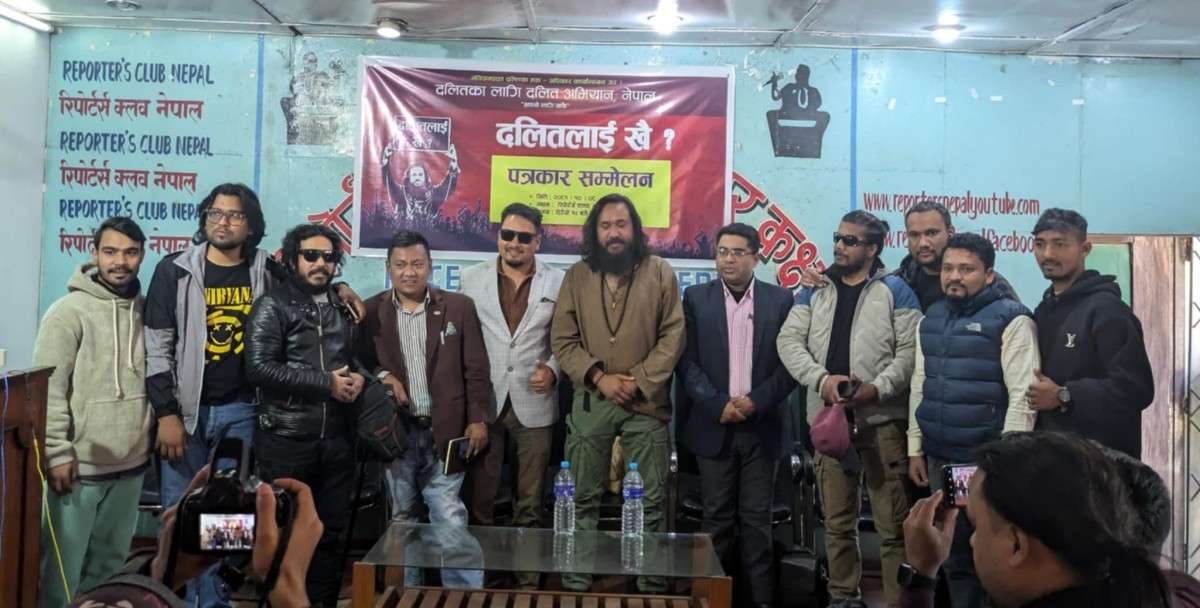
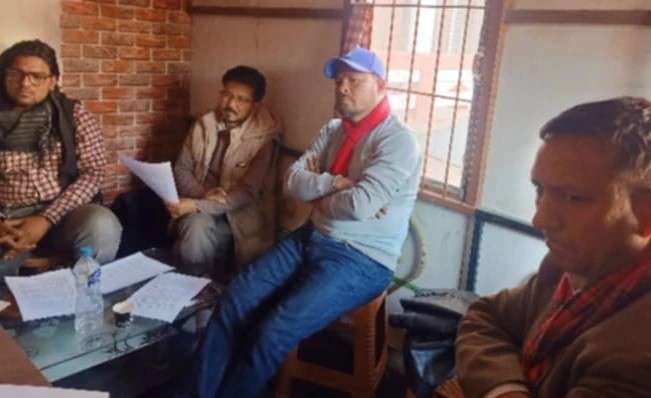
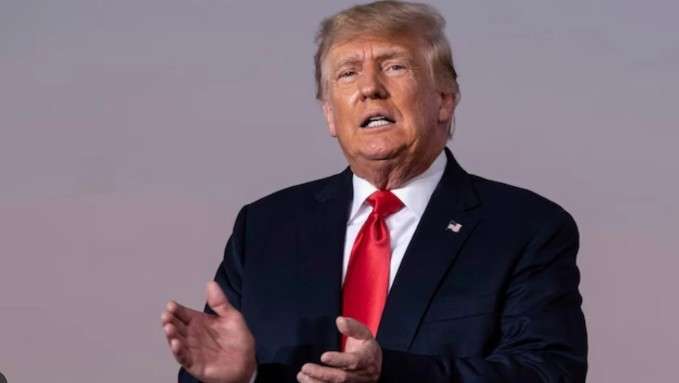
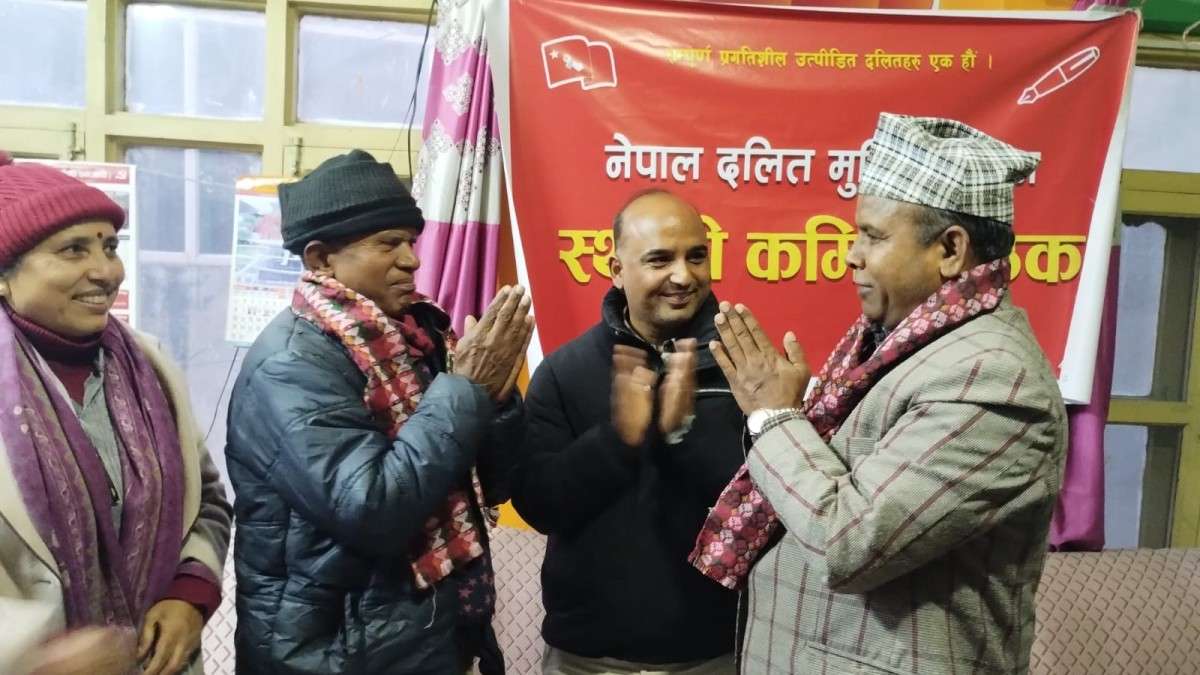
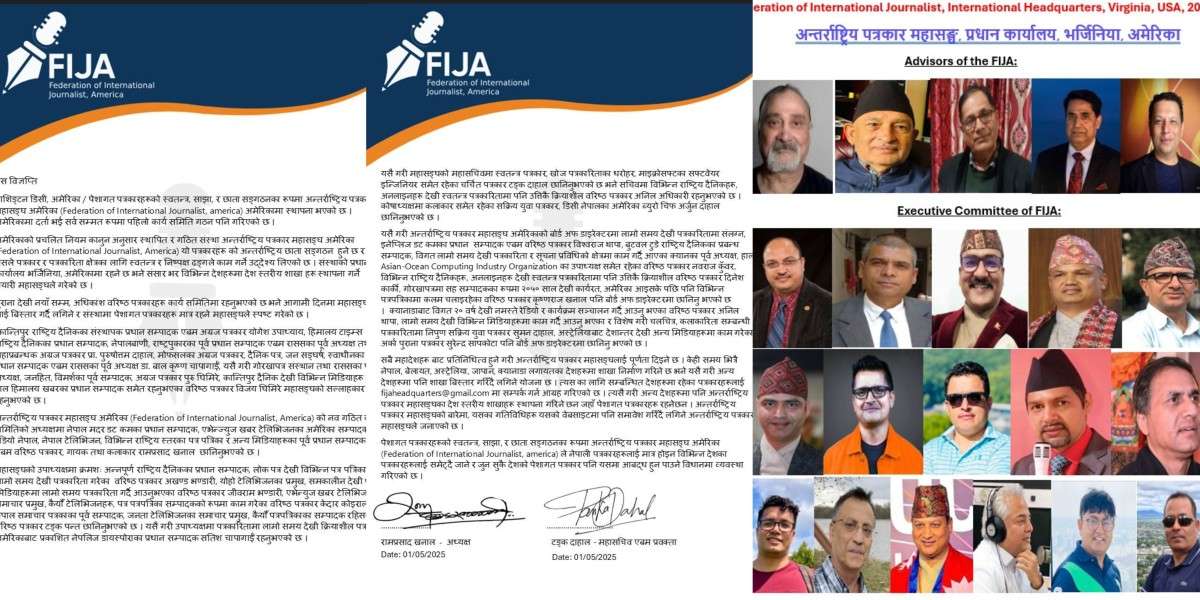



Conversation